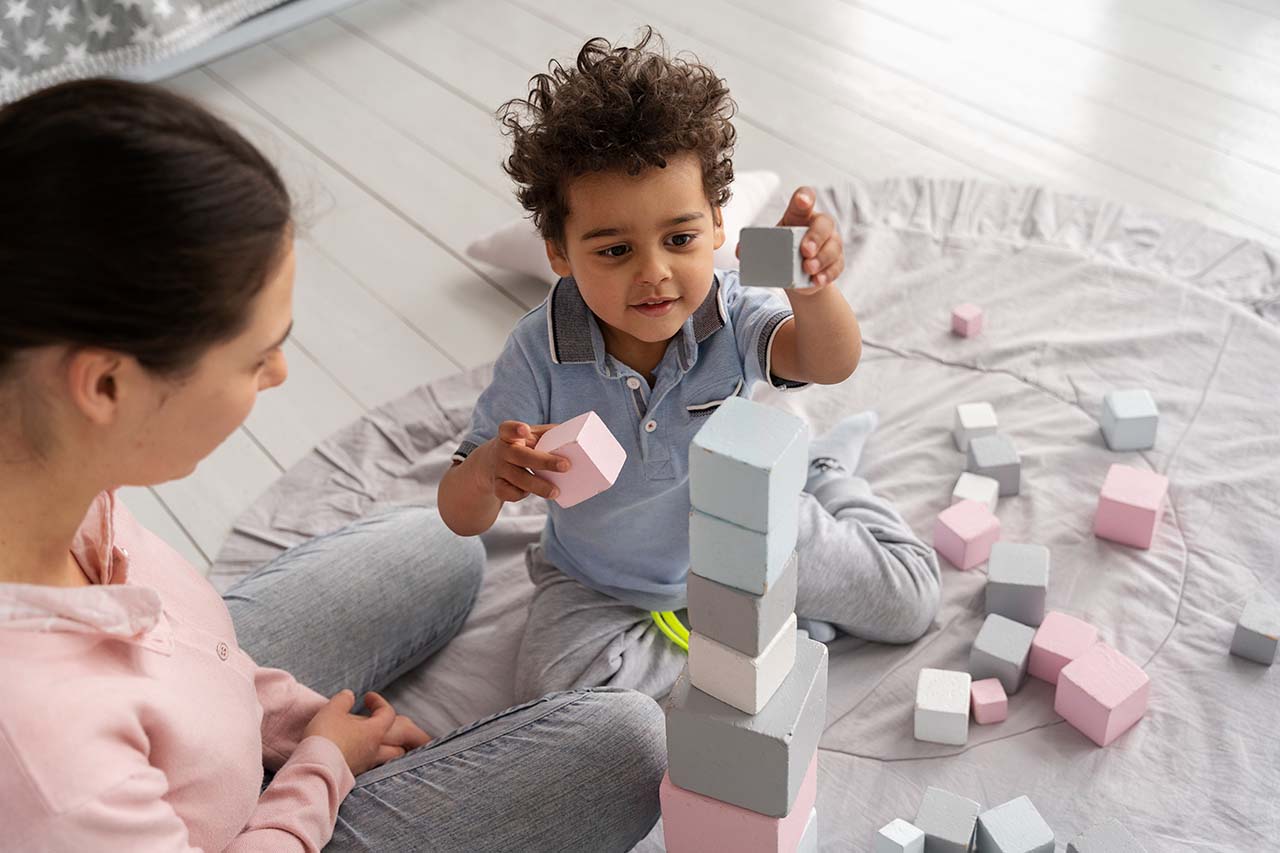
Parenting Series Tip #1: Validating your child’s feelings
As parents, we all want our children to grow up to be confident and emotionally healthy. We hug them when they are hurt, guide them through difficult challenges, and celebrate their moments of achievement. However, one of the most important ways we can help our children grow up emotionally healthy is as simple as validating their feelings.
What does validating feelings mean?
Validating is the process of recognizing and accepting another person’s emotional experience as real. When we validate a child’s feelings, we are not telling them we agree with the behaviors they choose; we are telling them how they feel is real and important.
For example, if your child says, “I’m scared to go to the doctor,” a validating response might be, “Yeah, the doctor can sometimes be scary.” This shows your child that you are listening and that their feelings matter.
Why validating is so important
There are so many benefits to validating our children’s feelings! Here are some of them:
- Builds emotional vocabulary: When children hear their feelings named out loud, they begin to expand their emotional vocabulary. The stronger their emotional vocabulary, the better they will be able to turn inwards and tie a name to their experience.
- Improves the relationship: When children are consistently validated in their experiences, they receive the message that they matter. This makes them more likely to confide in you and trust you with their deeper emotions as they grow.
- Enhances self-esteem: When kids are routinely validated, they learn their emotions are okay, and they are okay. This fosters stronger self-esteem and confidence as they explore their world.
- Teaches emotional regulation: When children’s feelings are acknowledged, this often helps them feel understood. This helps them calm down, practice coping skills, and move on with their day.
What validation is not
Validation is not giving in to every demand of our children. It is not minimizing their feelings (“It’s not that bad” or “Don’t be angry”). It is not dismissing or using distraction to try to help a child avoid a feeling (“Forget about it and let’s go get ice cream”).
Instead, it is about just being present. And listening. And saying things like:
“I can see this is really hard for you.”
“I would feel the same way.”
“Of course you feel mad.”
Validation does not always come easily!
Sometimes, validation may seem like learning a new language, especially if a parent did not receive emotional validation in their childhood. And just like learning a new language, it takes repeated practice to build the skill of validation.
As with any new skill, the goal isn’t perfection, it is connection: connection with yourself, and connection with your child. Each moment you pause and choose to validate your child’s feelings is a moment that helps them grow.
If you are looking for more support in navigating your child’s emotional world—or your own—I would love to help. Therapy is a powerful space to explore these patterns and build skills that strengthen the parent-child bond.
I offer child therapy, teen therapy, and parenting support in my office in Coconut Creek, Florida. I also offer virtual services throughout the state of Florida. Feel free to reach out for help with improving your validation skills. Your children will thank you!





